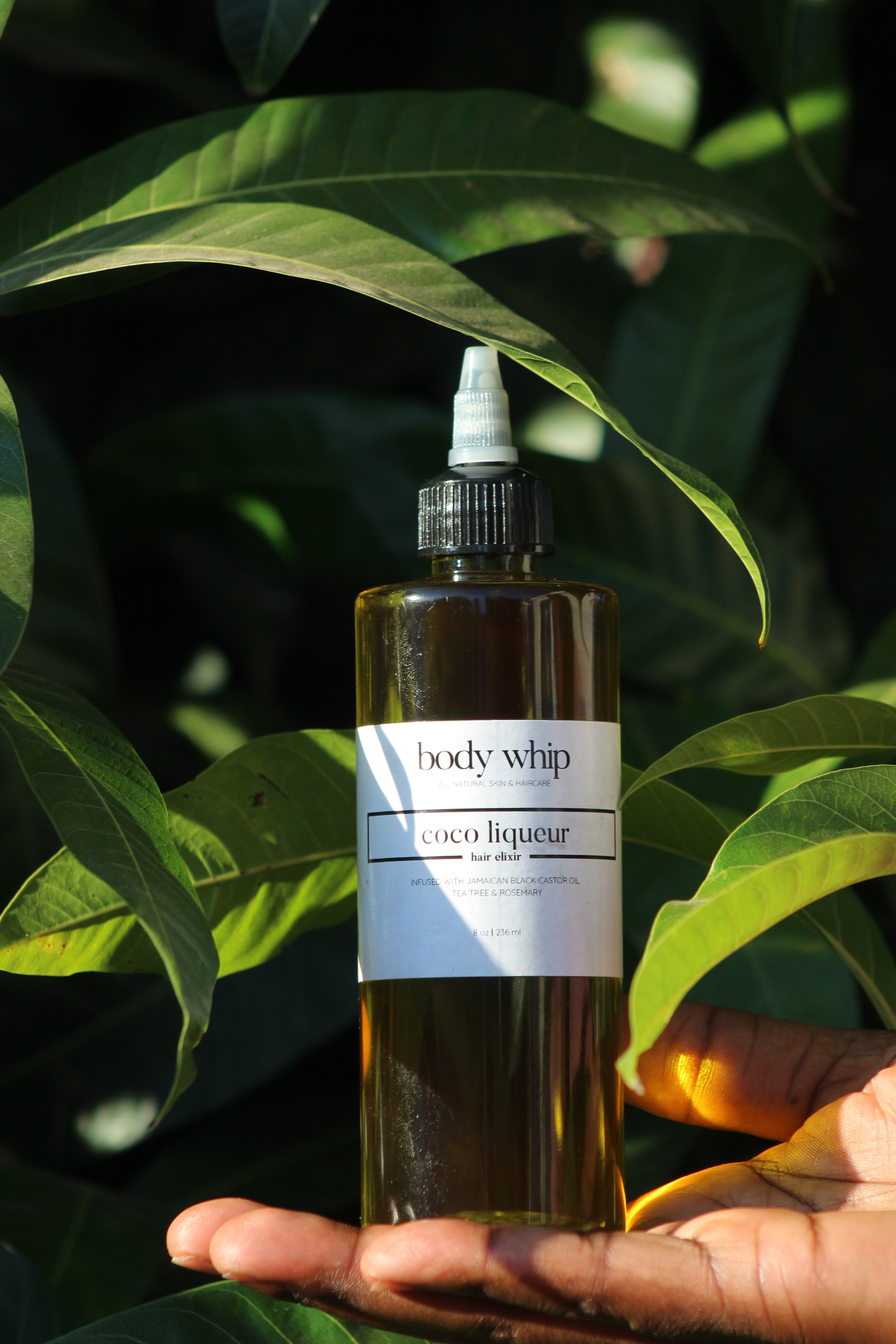Stress is often treated like an invisible weight, something we’re expected to carry quietly while still functioning at full speed. But the body keeps score. The way we experience stress mentally often shows up physically, in our skin, our hair, and our overall energy.
If you’ve ever had a breakout right before a big event or noticed your hair shedding more during a tough season, you’re not imagining it. Stress impacts more than just your mood, it affects the body systems that support healthy skin and hair.
This post explores how that happens and why creating space for simple, intentional self-care can help soften the impact.
How Stress Shows Up on the Skin
When your body is under stress, it enters a state of high alert. This activates the sympathetic nervous system, what many know as “fight or flight.” It’s a survival response. Your heart rate increases, cortisol levels rise, and non-essential systems (like digestion and skin repair) take a back seat.
For the skin, that can mean:
Increased oil production, which can lead to clogged pores and acne
Slower wound healing, which affects how quickly skin recovers from irritation or damage
Higher inflammation, which can aggravate conditions like eczema or psoriasis
Dullness or dehydration, because the skin barrier weakens over time
The skin is your largest organ. It’s also a mirror, it reflects what’s happening internally. If stress is constant, skin can start to feel dry, tight, reactive, or just “off.”
The Scalp Counts Too
The scalp is skin. But we often forget that, especially when dealing with hair issues.
When stress persists, circulation can become restricted, especially to areas like the scalp. This can impact the delivery of nutrients to hair follicles, leading to:
Increased shedding or hair thinning
Scalp dryness or itchiness
Delayed hair growth cycles
If you’re seeing more hair in the brush than usual, it may not just be about products. It may be your body signaling that it’s under pressure.
Emotional Stress vs. Physical Stress
Not all stress is emotional. Some of it comes from physical factors, like lack of sleep, skipping meals, or even overexercising without enough recovery. All of these stressors contribute to the same biological stress response.
That means managing stress isn’t only about meditating or journaling (though those help). It’s also about:
Getting enough sleep
Eating nourishing meals at regular times
Drinking enough water
Moving your body in ways that feel good, not punishing
Sometimes the most powerful self-care is simply giving your body what it needs without asking it to “push through.”
Self-Care Isn’t Always Pretty, And That’s Okay
There’s a version of self-care we see online that looks perfectly curated: face masks, bubble baths, a Sunday reset filmed in natural light.
That’s not always real life.
Real self-care might look like washing your face even when you’re tired. It might be pausing to drink water before replying to one more message. It might be turning down the noise, both literally and digitally, so your mind can rest.
None of these things are flashy. But over time, they regulate the nervous system. And that’s where repair begins.
The Nervous System and Skin Barrier Connection
The skin barrier is your body’s natural shield. It holds in moisture, keeps out irritants, and maintains balance. But it’s sensitive to stress.
When the nervous system stays activated, cortisol and adrenaline stay elevated. That can impair the skin barrier, making it more reactive to products, weather, and even internal hormone shifts.
This is one reason why people with anxiety, chronic stress, or burnout often describe feeling like their skin has “changed.” It has, because the body is prioritizing survival, not maintenance.
Taking even small steps to down-regulate your nervous system, like deep breathing, slow stretching, or sensory rituals, can help support skin barrier repair.
Five Ways to Support Your Skin and Mind During Stress
Here are a few evidence-based and accessible ways to protect your skin and calm your nervous system when life feels overwhelming:
Pause and breathe: Try box breathing, inhale for 4, hold for 4, exhale for 4, hold for 4. Just a few rounds can reset the stress response.
Create a simple wind-down routine: Dim the lights, disconnect from screens, apply moisturizer slowly. The routine matters less than the pace.
Protect your sleep: Aim for consistency, even if it’s not perfect. A regular bedtime helps the body repair itself, including skin regeneration.
Ground with touch: Light massage (scalp, face, shoulders) can signal safety to the nervous system. You don’t need a tool, just your hands and a few minutes.
Let things be good enough: You don’t have to “fix” your skin or hair during stressful times. The goal is care, not control.
Softness as Strategy
Stress isn’t something we can fully avoid, but we can learn how to soften its effects. That starts with paying attention: to how we feel, how our bodies respond, and how we treat ourselves in the in-between moments.
You don’t need a perfect morning routine or an expensive routine to show up for yourself.
You need space to pause. To feel your feet on the ground. To apply what you already have with a little more presence. To trust that slow care adds up.
Because it does.
Take What You Need
If you’re currently in a season where your skin feels unpredictable or your hair feels different, be gentle with yourself. Maybe your body is doing its best under pressure. Maybe it’s asking for rest, not another solution.
Self-care isn't always about adding more; it’s about returning to what helps you feel like yourself again.
With Love,
The Body Whip Team

